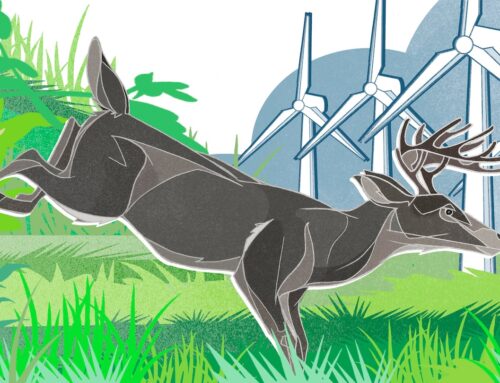Sacramento dispensaries cheer tax relief, advocates warn programs will pay the price
October 1, 2025
California halts cannabis tax hike, maintaining 15% rate until 2028.
SACRAMENTO, Calif. — California is lowering a tax on cannabis that dispensary operators pushed for, seeing it as a lifeline for an industry they say is burdened with taxes, while trying to compete with an illicit market.
In July, the cannabis excise tax increased from 15% to 19%. The tax applies to all cannabis and cannabis products purchased by consumers at dispensaries. It is added after the local cannabis business taxes are applied to the receipt.
However, a new law, backed by the cannabis industry, recently signed by Governor Gavin Newsom, halted the increase for the next two and a half years.
“It gives us a little breathing room, it gives us an opportunity to say ‘OK, we can pass some savings onto our customers,” said Maisha Bahati, CEO of Crystal Nugs dispensary.
The new law will maintain the tax rate, which was going to increase up to 25%, at 15% until July 2028.
“We’re rolling back this cannabis tax hike so the legal market can continue to grow, consumers can access safe products, and our local communities see the benefits,” Newsom said in a statement announcing he signed the tax cut.
In 2024, the California excise tax generated nearly $595 million for the state, despite the industry reporting declining sales.
The money is distributed to programs focused on child development, substance abuse prevention, and environmental restoration.
Advocates involved with the program argue the reversal of the cannabis excise tax increase is a violation of the will of the voters who approved the taxes in 2016. The scheduled increases in the excise tax rate were intended to offset the revenue loss resulting from the elimination of the cultivation tax in 2022.
“I do think the Legislature and the governor are essentially violating the promises made to voters in Prop 64…. My feeling has been if the cannabis industry wants to make changes to Prop 64, they should go back to the voters,” said Jim Keddy, executive director for Youth Forward, a Sacramento-based nonprofit.
According to a Senate Appropriations Committee analysis, the California Department of Tax and Fee Administration projects a revenue loss of approximately $135 million from the excise tax under the new law in 2025-2026, which increases to a projected $180 million in revenue loss in 2027-2028.
“The data is out there, the data on what our youth are experiencing is available, and more and more data is coming forward that is showing that there is a crisis,” said Adrienne Shilton with the California Alliance of Child and Family Services. “So, if anything, we need to be doubling down on our investments in our kids.”
When it comes to child care services funded by cannabis tax dollars, a spokesperson for Newsom said that the governor’s office will work with the legislature to ensure that no cuts are made to child care due to the change in law.
“We are focused on promoting the long-term success of the legal cannabis industry, while ramping up enforcement against illicit operators and establishing a tax system that allows legal businesses to better compete against the underground market,” the spokesperson said in a statement.
Additionally, dispensary operators argue that lowering the tax rate will help generate more revenue, as lower prices will enable the legal industry to compete with the illicit market.
“If the consumer is overtaxed, they’re going to go to the black market, and then you’re gonna have zero dollars going to these very important things within our community and within our state, “ said Trevor Davis, the operations manager for The Sanctuary dispensary in Sacramento. “We want more people to stay away from the black market, so that we can actually capture those tax dollars.”
ABC10: Watch, Download, Read
Search
RECENT PRESS RELEASES
Related Post






























